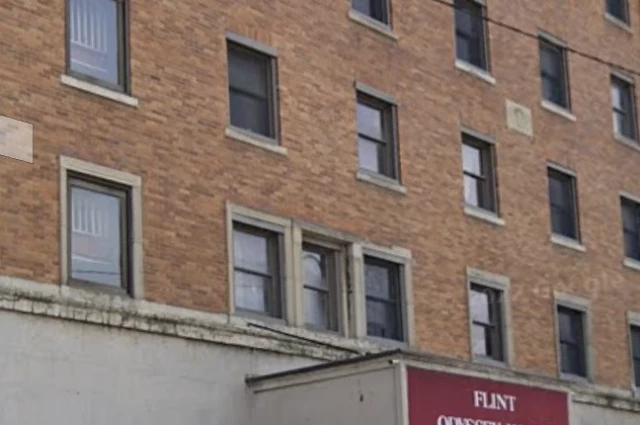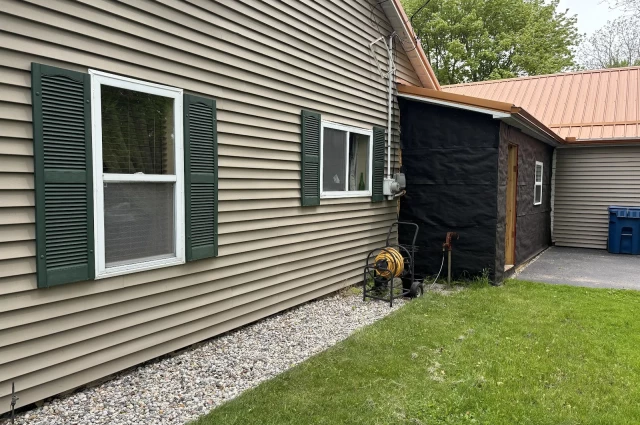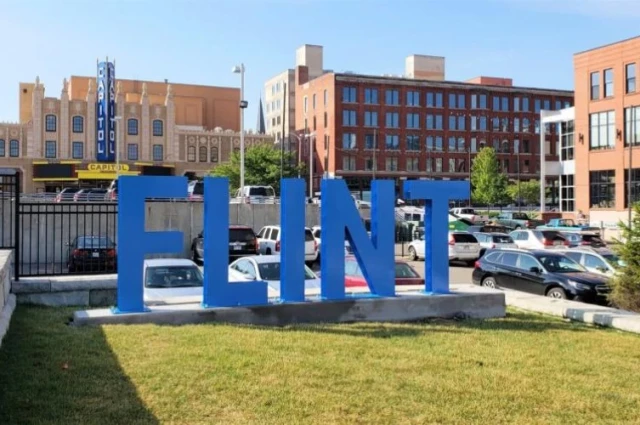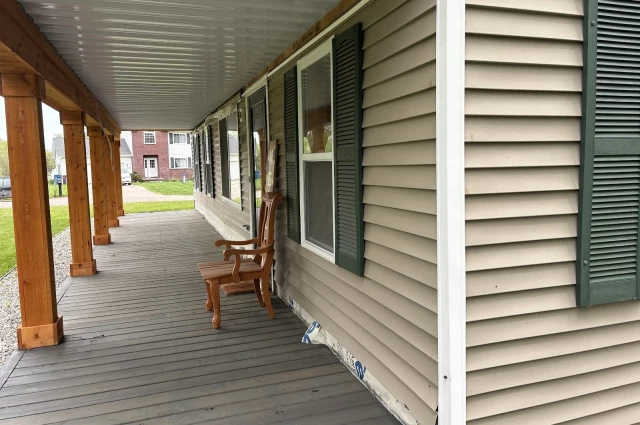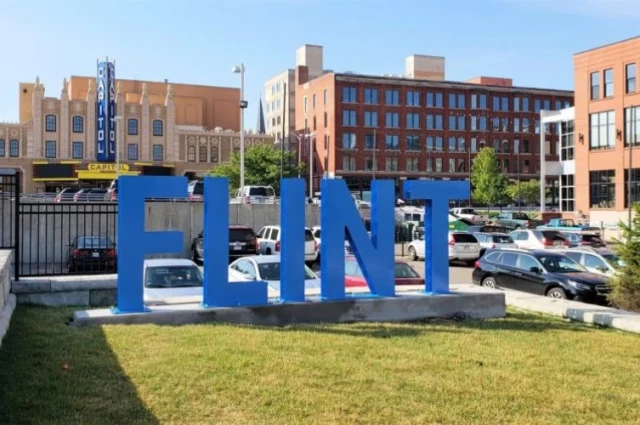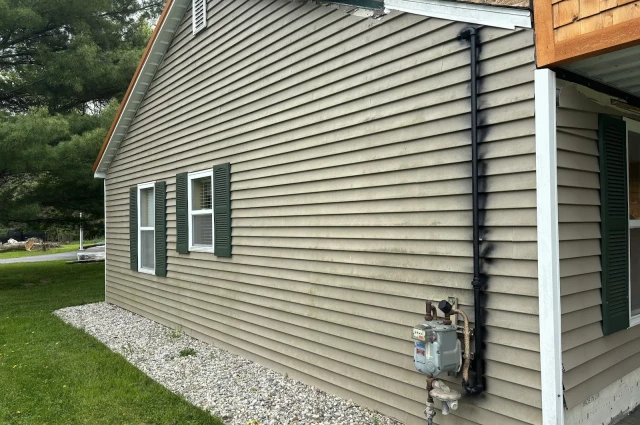Located in Flint, Michigan, Odyssey Village provides a full range of services for those in need of rehabilitation from drug use problems. This CARF-accredited center offers outpatient treatments specifically designed for adults and adolescents in need of alcohol and drug rehabilitation in addition to medical detox, residential treatment, and adult recovery housing. The strategy used by Odyssey Village is based on tried-and-true methods that are tailored to the various demands of its customers.
Odyssey Village guests get round-the-clock professional and medical monitoring throughout the detoxification process to guarantee their safety and comfort during withdrawal. Prescription and over-the-counter drugs may be used to reduce symptoms and decrease cravings during detoxification, making it easier for people to get through this crucial first stage of their recovery process.
Odyssey Village offers client-centered residential therapy that combines treatment for co-occurring mental health issues and drug dependence. The curriculum incorporates insight-oriented therapy, behavioral modification, cognitive restructuring, social learning theory, and communal recovery techniques. With the help of this comprehensive strategy, people may address the root causes of their addiction and create more healthy coping mechanisms.
Odyssey Village offers outpatient treatment for adults and teenagers (ages 13 to 17) who are dealing with drug misuse or co-occurring illnesses. Relapse prevention, the development of coping skills, and the establishment of a robust support system are the main focuses of both the normal outpatient and intensive outpatient treatment programs. Extra peer and family support services help adolescents achieve a comprehensive and long-lasting recovery.
Odyssey Village provides a range of recovery housing choices for those making the move back into society, enabling residents to continue supporting one another while concentrating on their own personal development. Up to a year may be spent by clients in recovery housing, giving them plenty of opportunity to reestablish stability, start anew, and reintegrate into their communities with increased resilience.
The foundation of Odyssey Village's therapeutic community concept is its approach to therapy. With the help of this approach, people may participate in a process of individual development and group healing in a controlled, encouraging setting. Clients are urged to follow clearly defined moral and ethical standards, participate in peer-imposed challenges, and earn their development via status upgrades within this community. Each participant's distinct experiences and varied origins are respected as vital elements of the therapeutic process, encouraging a feeling of community and common goal.
Odyssey Village offers comprehensive rehabilitation services that go beyond standard drug rehab and include the whole network of Odyssey House facilities in Flint, Saginaw, and Port Huron. The organization's dedication to treating addiction as a chronic illness that calls for ongoing involvement, long-term support, and enduring connections within the therapeutic community is reflected in this integrated approach.
Odyssey Village takes a number of insurance plans, such as Cigna, Humana, Blue Cross Blue Shield, Beacon, and United Healthcare, to guarantee accessibility. To fully understand their choices, clients are advised to confirm their coverage and out-of-network benefits with their individual insurance providers.
Odyssey Village's certification by the Commission on certification of Rehabilitation Facilities (CARF) is proof of its dedication to providing high-quality treatment. This endorsement is a testament to the facility's commitment to upholding the highest standards of excellence in its therapeutic offerings and guaranteeing that patients get the greatest assistance available as they pursue recovery.
Flint Odyssey House Information
Treatment
Who We Treat
- Adolescents
- Male and Female
- Couples
Treatment Focus
- Co-Occurring Disorders
- Drug Addiction
Approaches
- Therapeutic Community
- Family Involvement
- Holistic
- Non 12 Step
Substances We Treat
- Alcohol
- Benzodiazepines
- Heroin
- Cocaine
- Ecstasy
- Methamphetamine
- Psychedelics
Languages
- English
Aftercare
- Intensive Outpatient Program
Level of Care
- Day Treatment
- Outpatient
- Detox
- Residential Rehab
- Co-Occurring Mental Health
Accreditations
-
State department of health
Government agencies issue State Licenses, which grant rehabilitation organizations permission to conduct their operations lawfully within specific geographic regions. Licenses needed to operate are typically determined by the type of rehabilitation program offered by the facility and its physical location.

-
Commission on Accreditation of Rehabilitation Facilities (CARF)
Established in 1966, the non-profit organization known as the Commission on Accreditation of Rehabilitation Facilities (CARF) has a dedicated focus on accrediting rehabilitation organizations. CARF's primary mission is to assist service providers, particularly rehabilitation facilities, in upholding and promoting the highest standards of care.

-
Drug Enforcement Agency (DEA)
DEA accreditation refers to the process by which a law enforcement agency is recognized by the Drug Enforcement Agency (DEA) as having met specific training, operational, and resource requirements necessary to participate in DEA-led drug enforcement efforts. This accreditation allows the agency to perform DEA-related tasks such as conducting investigations, executing federal search warrants, and participating in joint task forces.
Find the best treatment options. Call our free and confidential helpline today!
